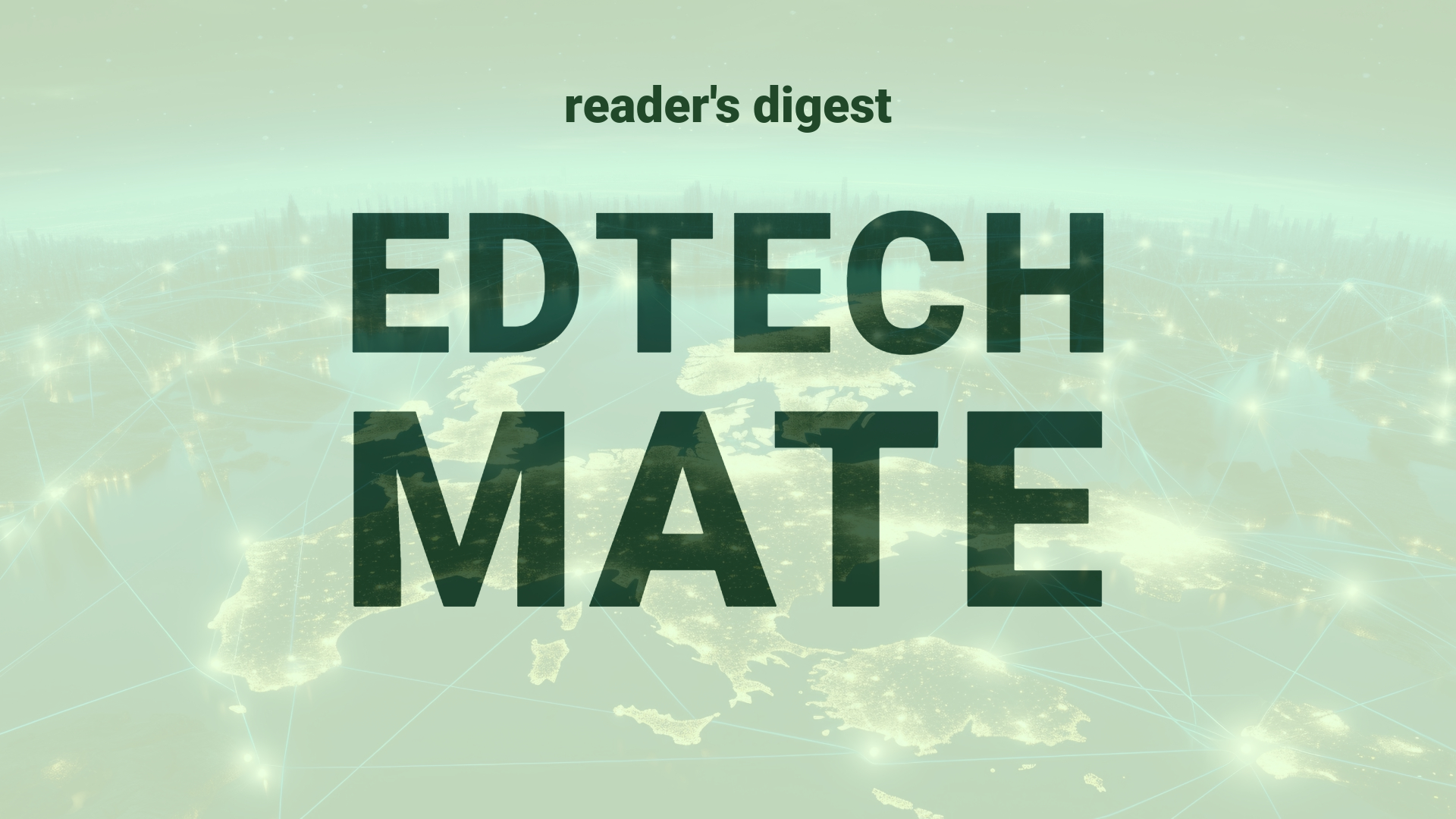“`html
Executive Summary and Main Points
Key innovations in the intersection of digital transformation and sustainability are reshaping the responsibilities of Chief Information Officers (CIOs) across various industries. Merging sustainability practices with data-driven strategies is becoming essential, especially with the advent of the Corporate Sustainability Reporting Directive (CSRD) in the European Union. In Italy, leaders like Stefano Epifani and Massimo Bollati are pioneering sustainable digital transformation, integrating Environmental, Social, and Governance (ESG) goals into broader business models. Generalfinance exemplifies this trend by developing its operations with digital and sustainable transformation at its core. Embracing Artificial Intelligence (AI) and other digital tools, these entities emphasize the importance of balancing environmental, economic, and social impacts in the technology sector.
Potential Impact in the Education Sector
The action within enterprises towards blending digital transformation with sustainability indicators can profoundly impact the education sector. With a specific emphasis on Further Education, Higher Education, and Micro-credentials, these developments lead to an enriching, data-informed approach to education. The strategic use of AI and digital tools in collaboration with cross-sector partnerships paves the way for educational institutions to redefine learning experiences, leverage digital resources, and attune their curricula with ESG considerations.
Potential Applicability in the Education Sector
Innovations around digital sustainability have wide-ranging applications for global education systems. By harnessing AI technologies and integrating digital twins and smart buildings technology, institutions can realize optimized campus operations and enhanced learning environments. Moreover, adopting frameworks like the Digital Sustainability Index within educational institutions can drive responsible technological usages, ensuring a balance of digital advantage and sustainability is maintained in a globally conscious educational landscape.
Criticism and Potential Shortfalls
The intertwining of digital strategy and sustainability, while forward-thinking, is not without criticism. Ethical considerations, such as data privacy, technological equity, and cultural relevance, must be scrutinized through comparative international case studies. The risk of widening the digital divide, the potential misalignment with diverse cultural values, and the challenge of ensuring inclusivity in technologically driven sustainability initiatives are challenges that entities may face as they manoeuvre through these pioneering paths.
Actionable Recommendations
To effectively implement these technologies within the dynamic sphere of international education, it is crucial to ensure comprehensive digital literacy programs for educators and students alike. Further, partnerships with technology providers that are consonant with the institution’s sustainability objectives will be key. Education leadership must actively invest in infrastructure supportive of AI and digital transformation, with an emphasis on maintaining an ethical and inclusive approach that is adaptable to diverse learning contexts and cultural environments.
“`
Source article: https://www.cio.com/article/2108435/italian-cios-at-the-crossroads-of-transformation-and-sustainability.html

